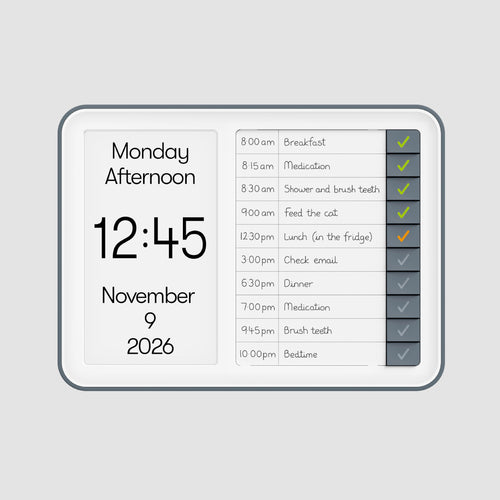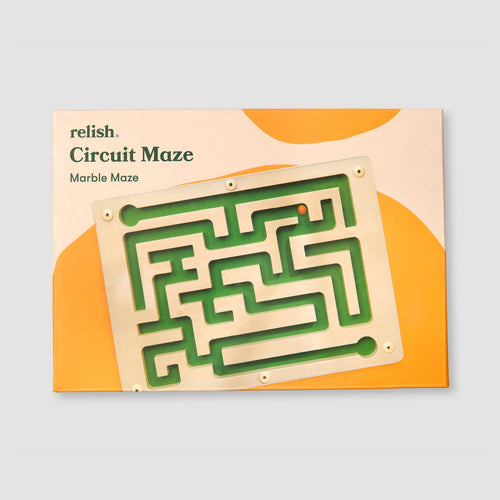Dementia can take its toll both mentally and physically on the individual and their caregiver as daily tasks become more of a struggle. Someone living with dementia may become easily agitated as they deal with a variety of changes along their dementia journey.
As a family member or caregiver you might not know how you can help, but understanding common causes of agitation is the first step. By learning common triggers, you can help those living with dementia to reduce their agitation and avoid potentially stressful situations.
Here are some of the most common causes of agitation and frustration in those living with dementia.
Change
A routine can greatly help someone living with dementia as it provides stability in an uncertain world. Meals, walks, baths, and other daily tasks should have a specific time each day. But it’s not always possible to maintain this routine. Schedules often become hectic around the holidays, and doctor’s appointments may only be scheduled every so often and may be difficult to predict.
To help your loved one reduce agitation when the routine changes for any reason, remember to explain to them what is going on and what you will be doing and why. You may want to tell them what to expect and assure them that you will be by their side. Remember to be patient if your loved one asks you to repeat yourself several times. You may also want to explore supportive activities for when they feel unsettled, which can help ease transitions.
Fear
As someone progresses along their dementia journey they may sometimes not be able to recognise their surroundings or the people near them. Being confronted with a new and unfamiliar environments that they don’t recognise can be daunting for someone living with dementia.
This fear can cause agitation as they try and understand what and who is around them, and as they try to determine if they are in a safe place.
As a caregiver or loved one, you should validate their feelings of fear and insecurity. In a calming voice, reassure them that you are there to protect them and that you will be with them until they feel safe. You could also try introducing a game or doing an activity that they enjoy to help take their mind off any fear.
Fatigue
Those living with dementia can often experience confusion to what is going on around them. They may be trying to remember who you are, where they are, what they are supposed to be doing, which requires a great deal of mental energy. As a result of this it is common to feel both physical and mentally exhausted, which in turn can contribute to feelings of agitation.
As someone progresses in their dementia journey they may also be experiencing sundowning which can further the feelings of tiredness.
To help with fatigue, ensure that there is good lighting around your loved one during the day and look for signs that they aren’t sleeping well and try to address these. There may be too much noise at night or even too much light in their bedroom. Try to avoid giving the individual stimulants like caffeinated drinks in the afternoon or evening, to help promote better sleep at night. You should also allow your loved one to take a nap during the day to help them get some shut eye if needed.
Boredom
When living with dementia, it is still important to have mental stimulus and people to interact with to give purpose to the day. Having access to activities will help to reduce the feelings of restlessness or loneliness.
To help the situation, offer to do something with your loved one. Look for ways to capture their attention, for example, do they perk up around babies or animals? Do they like to do artistic activities? Engaging in meaningful, stimulating, and enjoyable activities is a great way to help address boredom and prevent agitation. Consider something tactile and calming exercises to provide sensory engagement and relaxation.
Physical Discomfort
Dementia can sometimes make communicating more difficult and as a result you may not know when your loved one is in discomfort which can be very frustrating for them.
If you notice signs of discomfort, ask your loved one about it and pay close attention to the words they use, as dementia may impair their ability to describe the situation accurately. Instead of asking how the pain is on a scale of 1 to 10, read their body language. You could also use flash cards if communication becomes more difficult. By identifying the root cause of their physical discomfort, you can help your loved one feel better and eliminate feelings of agitation.
These factors are just a few of many that could lead to agitation in a someone living with dementia. By paying close attention to their behavior you can often identify why they are acting out in frustration and help to eliminate the cause altogether.






















